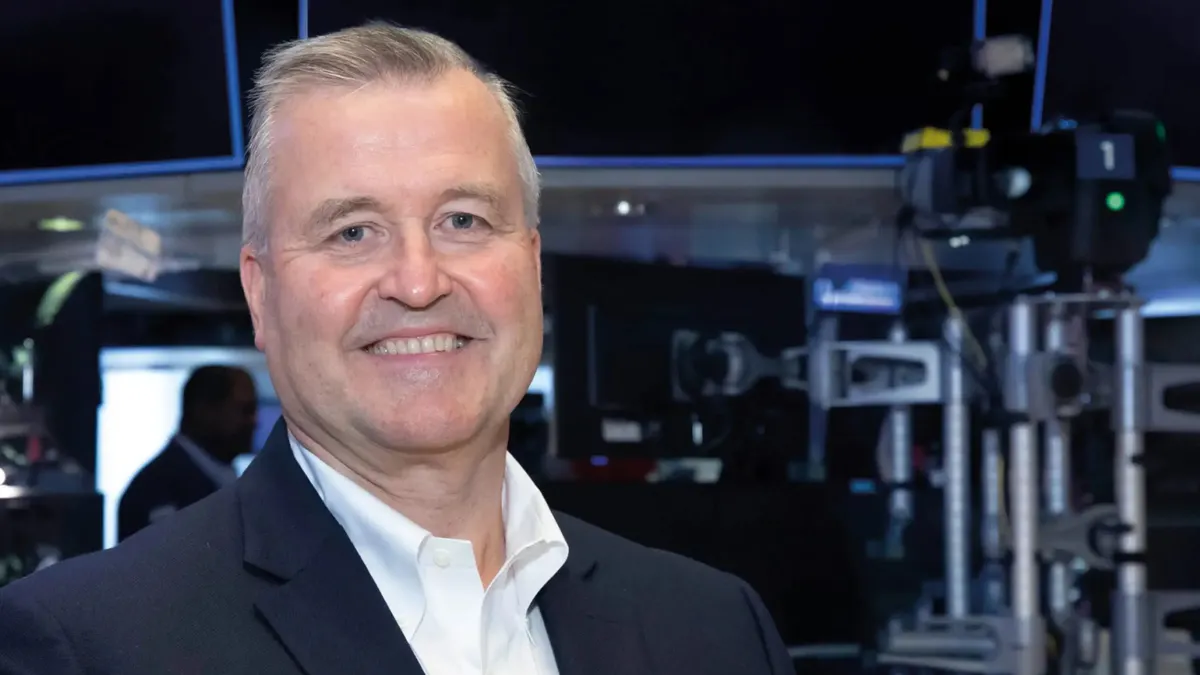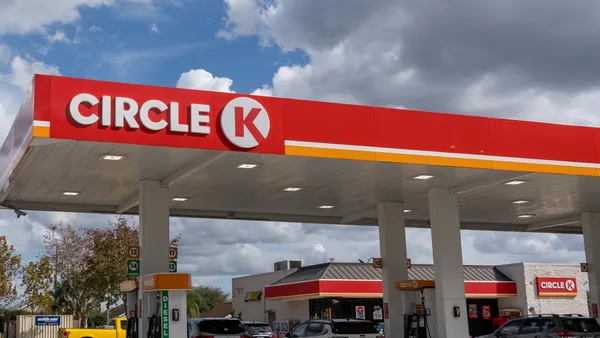BP has appointed Albert Manifold as its next company chairperson, effective Oct. 1, according to a Monday announcement.
Manifold will join BP’s board in September as a non-executive director and will succeed incumbent Helge Lund the following month, according to the announcement. Lund, BP’s chairperson since 2019, announced his plans to step down in April. He’ll also be resigning from BP’s board.
Manifold was most recently CEO of building materials business CRH, a role he held between 2014 and 2024, according to the announcement. He brings “a strong track record” in strategic leadership and operational delivery with a focus on “cost efficiency, disciplined capital allocation and cash flow generation” to BP, according to the announcement.
He is also on the boards of global chemicals producer LyondellBasell and engineering consultancy Mercury Engineering.
“It is an honour to be appointed chair of one of the world’s great energy companies, and to have the opportunity to help the company reach its full potential” Manifold said in the announcement. “bp has a vital role to play in addressing the world’s growing energy needs. I look forward to working with the bp board, Murray [Auchincloss] and the leadership team to accelerate delivery of bp’s strategy and drive compelling and sustainable shareholder value creation.”
BP’s Senior Independent Director, Dame Amanda Blanc, who led the search for a new chair, said that Manifold’s “impressive track record of shareholder value creation” at CRH sealed him the position.
“Albert has a relentless focus on performance which is well suited to bp’s needs now and into the future,” Blanc said. “He transformed and refocused CRH into a global leader by building on its rich heritage to deliver superior growth, cash generation and returns.”
Manifold’s hiring comes amid many structural changes for BP, which announced it was laying off about 5% of its global workforce in January, then rolled out a “reset strategy” at the end of February. The reset includes cutting expenses and shifting its focus from renewable energy back to oil production. The shift has also impacted its convenience store segments, although it’s unclear to what extent.











